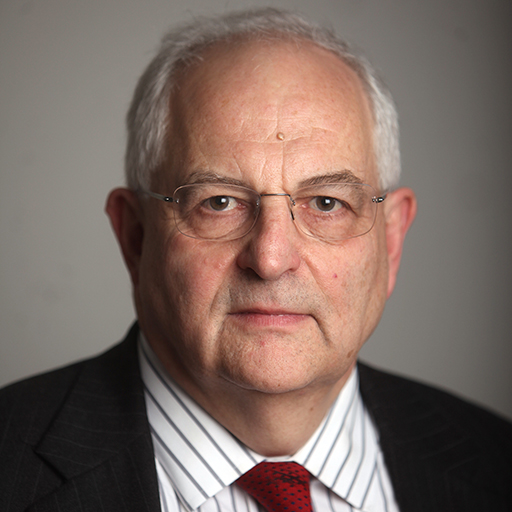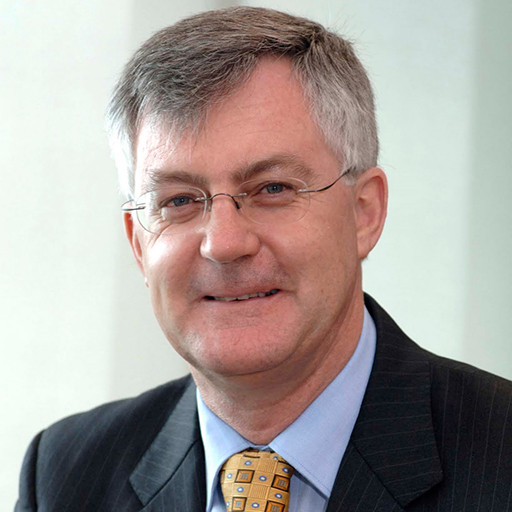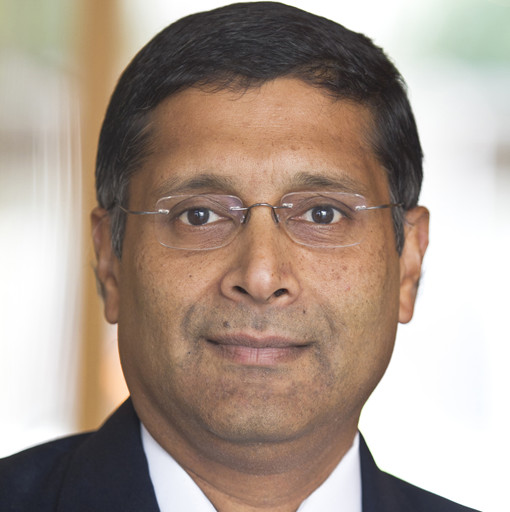
Martin Wolf is one of the UK’s foremost economists. He has been a forum fellow at the annual meeting of the World Economic Forum in Davos since 1999 and a member of its International Media Council since 2006. Martin’s most recent publications are The Shifts and the Shocks: What We’ve Learned—and Have Still to Learn—from the Financial Crisis (Penguin Press, 2014), “Why Globalization Works” (Yale University Press, 2004), and “Fixing Global Finance” (Johns Hopkins University Press, 2008 and Yale University Press, 2009). His FT.com blog is Martin Wolf’s Exchange.

Min Zhu was appointed Deputy Managing Director of the International Monetary Fund on July 26, 2011. Previously he was a Deputy Governor of the People’s Bank of China, responsible for international affairs, policy research, and credit information. He served as the Group Executive Vice President of Bank of China before joining the country’s Central Bank. He also worked at the World Bank and taught economics at both Johns Hopkins University and Fudan University. He holds a Ph.D. from Johns Hopkins University.

Dr. Parkinson served as Australia’s Secretary to the Treasury from March 2011 to December 2014. As Secretary, he was a member of the Board of the Reserve Bank of Australia, Chair of the Advisory Board of the Australian Office of Financial Management and a member of the Council of Financial Regulators, the Board of Taxation and Infrastructure Australia.Between 2001 and 2006, Dr. Parkinson was Deputy Secretary in Treasury with responsibility for domestic and international macroeconomic issues, including serving as co-chair of the G20 Deputies process in 2006. He had previously worked at the International Monetary and was a Senior Adviser to Treasurer Dawkins in the early 1990s.Dr. Parkinson was the Secretary of the Department of Climate Change from its establishment in December 2007, and headed up the Climate Change Group in the Department of Prime Minister and Cabinet earlier in 2007.

Mary Polak was re-elected to the B.C. legislature in 2013, having represented the constituents of Langley since 2005. She was appointed Minister of Environment June 10, 2013. Prior to her new cabinet post, she served as the Minister Transportation and Infrastructure, Minister of Aboriginal Relations and Reconciliation, Minister of Children and Family Development and Minister Responsible for Child Care, Minister of Healthy Living and Sport, and Parliamentary Secretary to the Minister of Health for the Conversation on Health. Before being elected to the legislative assembly, Polak served as a trustee and former chair of the Surrey school board.

Arvind Subramanian is an Indian economist and the current Chief Economic Adviser to the Government of India. He served as the Dennis Weatherstone Senior Fellow at the Peterson Institute for International Economics and a Senior Fellow at the Center for Global Development. Formerly an economist at the International Monetary Fund, he is a widely cited expert on the economics of India, China, and the changing balance of global economic power. Arvind Subramanian is the author of two books, India's Turn: Understanding the Economic Transformation published in 2008, Eclipse: Living in the Shadow of China's Economic Dominance published in September 2011, and co-author of Who Needs to Open the Capital Account? which was published in 2012.


 International Monetary Fund
International Monetary Fund World Bank Group
World Bank Group


















